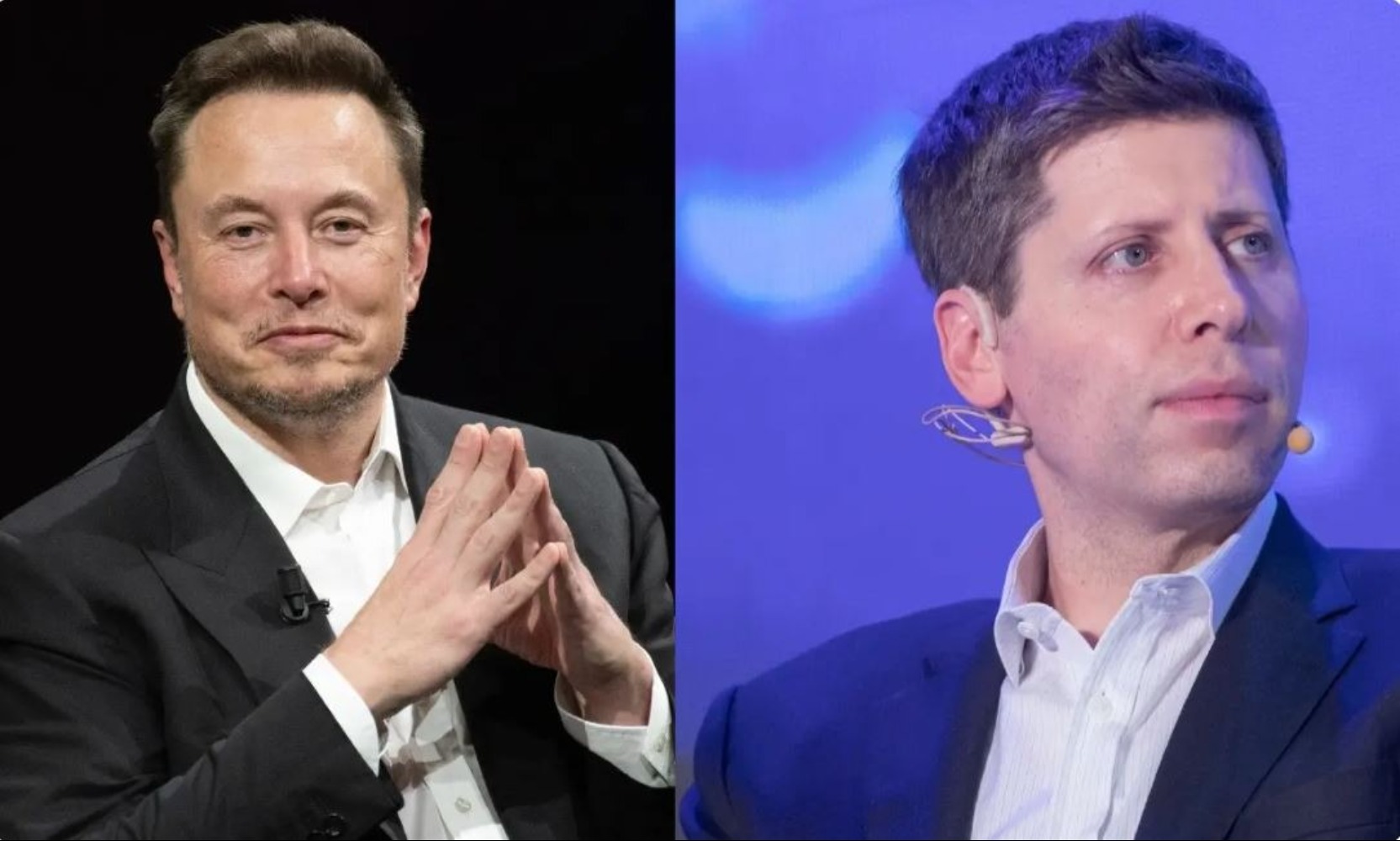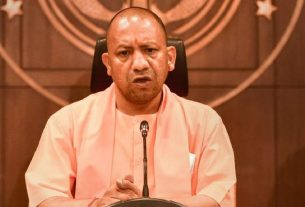Elon Musk has sued ChatGPT-maker OpenAI and its CEO Sam Altman, saying they abandoned the startup’s original mission to develop artificial intelligence for the benefit of humanity and not for profit.

The lawsuit filed late on Thursday in San Francisco puts the billionaire at loggerheads with the startup that he co-founded and is now the face of generative AI, partly due to the billions of dollars in funding from Microsoft. To subscribe please click tau.id/2iy6f and access our live channel.
He sought a court ruling asking OpenAI to make its research and technology available to the public and prevent the startup from using its assets, including its most advanced AI model GPT-4, for the financial gains of Microsoft or any individual.
DON’T MISS: India’s 1st Homegrown Robot Dog
Musk alleged a breach of contract, saying Altman and co-founder Greg Brockman originally approached him to make an open source, non-profit company, but the startup established in 2015 is now focused on making money.
Musk, who runs Tesla, and rocket maker SpaceX and bought Twitter for $44 billion in October 2022, has on several occasions called for regulation on AI. He stepped down from OpenAI’s board in 2018 and has often criticized Microsoft’s ties with the startup.

The tie-up is under antitrust scrutiny in the United States and Britain following the startup’s boardroom battle last year that resulted in the sudden ouster and return of Altman and the creation of a new temporary board.
Since its debut, ChatGPT has been adopted by companies for a wide range of tasks from summarizing documents to writing computer code, setting off a race among Big Tech companies to launch their own offerings based on generative AI.
The billionaire, who has called AI a “double-edged sword”, was among a group of AI experts and industry executives that last year called for a six-month pause in developing systems more powerful than OpenAI’s GPT-4, citing great risks to humanity and society.
Musk has mounted a rival AI effort with his startup xAI, which is made up of engineers hired from some of the top U.S. technology firms such as Google and Microsoft that he hopes to challenge. Some legal experts said failing to secure Musk’s consent as per the agreement could count against OpenAI, but it would be difficult to predict the outcome of the lawsuit.




